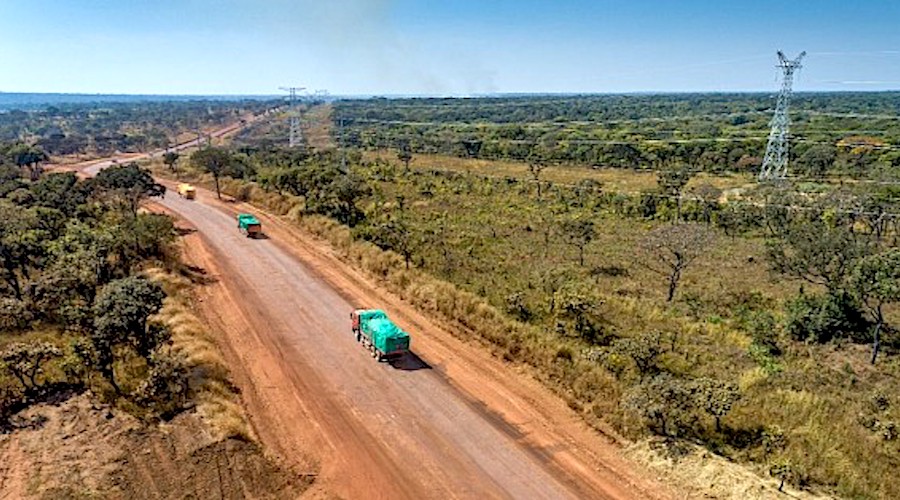Currency shocks knock platinum to 10-year lows

LONDON, Aug 17 (Reuters) – Platinum prices tumbled to 10-year lows as the collapse of Turkey’s lira rippled through markets and weakened the currency of top producer South Africa, underlining persistent oversupply of the autocatalyst metal.
Platinum has been caught in a broad sell-off as investors rush to the safety of the dollar, pushing it higher and making dollar-priced metals more expensive for buyers using other currencies.
But platinum, used mainly in emissions-reducing catalytic converters for vehicles and in jewellery, has fallen further than its precious metal peers.
Once much more valuable than gold and palladium, platinum has tumbled 25 percent from January highs to below $780 an ounce. This week it hit its lowest since October 2008 and a new record low relative to gold.

“It (platinum’s outlook) has changed and the reason is the weakness of the rand,” said Julius Baer analyst Carsten Menke.
The rand has fallen more than 10 percent against the dollar in a week, boosting the local earnings of South African companies who produce around 70 percent of the world’s mined platinum and relieving pressure on them to cut output.
These cuts are needed to tackle stubborn oversupply as demand continues to flatline.
Cuts are needed to tackle stubborn oversupply as demand continues to flatline.
Analysts at Metals Focus expect a surplus of 40,000 ounces in 2018 in the roughly 8 million ounce a year platinum market. Johnson Matthey predicts for this year a larger oversupply of 316,000 ounces, the biggest since 2011.
The average production cash cost in South Africa – a measure of direct expenses such as labour, fuel and electricity – was $834 an ounce last year, according to Metals Focus.
“If the rand is weaker it gives producers more breathing space. The longer it stays weaker, the longer we have a stay of execution for some of these higher cost operations,” said Jonathan Butler at Mitsubishi.

Platinum had already been falling this year as the rising dollar and fears that trade disputes will damage economic growth and curtail demand turned investors against the metal.
Speculative bets on lower prices outnumber bets on higher prices on NYMEX for the first time since 2001. Positioning has swung from a net long in March of more than 40,000 contracts equivalent to over 2 million ounces to a net short of 407,150 ounces.

Underlying platinum’s poor performance are also weaker sales of diesel cars since Volkswagen was found in 2015 to have cheated in emissions tests. Autocatalysts use both platinum and palladium, but diesel engines use more platinum.
But most analysts still expect prices to recover.
Most analysts still expect prices to recover.
“The fundamental story has not really changed. If these levels are maintained, producers will be under pressure to close operations,” said Mitsubishi’s Butler, adding that demand was solid and low prices were attracting jewellers and industrial buyers.

Twenty-nine analysts polled by Reuters in July said they expected platinum to average $922 an ounce this year and $979 in 2019.
On the technical side, platinum has broken below key support at $800, its 2016 low and two long term uptrend lines.
“It (is) getting ever closer to the 2004 low at $761,” said analysts at Commerzbank. “Around (this level) we could see the precious metal stabilize. If not, the 2008 trough at 732.50 could perhaps be reached as well.”
But any uptick in prices could force speculative investors to rebalance their bets, creating upward momentum, said ICBC Standard analyst Marcus Garvey.
“Getting back into high $800s or $900 is plausible on a positioning move,” he said. “Any sort of alleviation of dollar strength and it could happen.”
(Reporting by Peter Hobson; Editing by Veronica Brown and Elaine Hardcastle)
{{ commodity.name }}
{{ post.title }}
{{ post.date }}




Comments